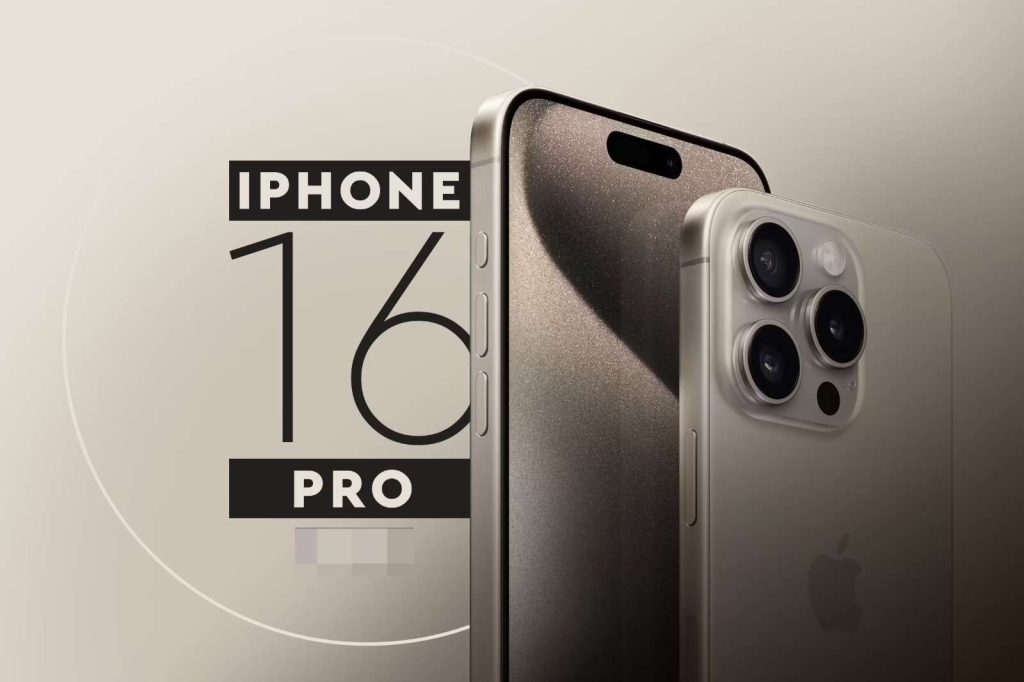- WhatsApp is a free, multiplatform messaging app that lets you make video and voice calls, send text messages, and more — all with just a Wi-Fi connection.
- With over 2 billion active users, WhatsApp is especially popular among friends and family who live in different countries and want to stay in touch.
- WhatsApp’s global popularity is due in large part to its accessibility, cross-platform functionality, and simple, straightforward features.
In the rapidly evolving landscape of digital communication, WhatsApp has emerged as a household name, connecting people across the globe seamlessly.
Founded in 2009 by Jan Koum and Brian Acton, this instant messaging application has transformed the way we interact, enabling users to send text messages, make voice and video calls, and share multimedia content with unparalleled ease.
In 2014, though the company had lost $138 million the prior year, Facebook acquired WhatsApp for $19 billion. In 2016 WhatsApp abandoned its paid model and enabled video calls. That same year, users reading updated terms and conditions discovered that WhatsApp would begin sharing user data with Facebook, which Facebook would use to create targeted ads.
If a user is concerned about data usage, they can toggle on the Low Data Usage setting or modify the download settings in Media Auto-Download to prevent the app from automatically downloading photos, videos and other documents when it has access to Wi-Fi.
Users who change this setting can still view their media within WhatsApp itself.
WhatsApp’s journey from a simple messaging app to a global communication powerhouse is a testament to its commitment to user privacy, security, and innovation. It has not only connected people across the world but has also transformed how we work, learn, and express ourselves.
As WhatsApp continues to evolve, it is poised to remain a pivotal player in the digital communication landscape, shaping the way we connect with one another in the years to come.
People prefer to communicate with other people, not an impersonal business. Thus, to undertake successful WhatsApp marketing, you need to form your brand persona. A brand persona is a kit of traits, attitudes, and values your brand shares.
Remember market leaders? All of them have personas. For instance, Apple appears to be creative and intellectual, Fanta – jolly and easy-going, Nike – passionate and vigorous.
Your brand probably also has some personality; try to explore it and spot the most meaningful traits. This persona will underlie your tone of voice and communications with prospects on WhatsApp.
WhatsApp’s popularity around the world is undeniable. In countries like Brazil, India and Indonesia, people use it to chat with family and friends and stay updated on current affairs.
There’s particular appeal in countries that historically lacked robust telecommunications infrastructure, as WhatsApp has made it feasible for people in those regions to affordably communicate via smartphone.
“Back in 2009, it was extremely expensive to send a text message, and if you wanted to make a call or particularly an international call, that might set you back hundreds of dollars,” Newton-Rex said. “WhatsApp changed all that.”
Advertisemen





Comments